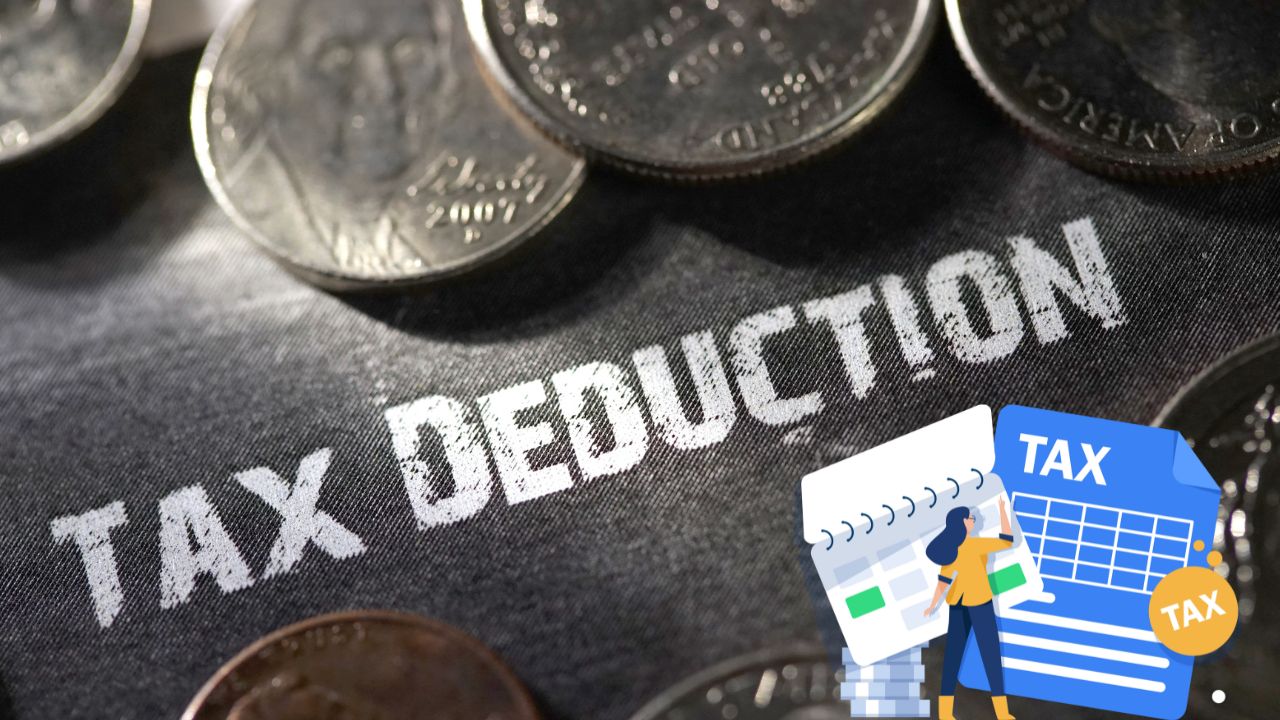Annapolis, MD – For seniors in Maryland, navigating state and federal tax benefits can make a major difference during retirement. With fixed incomes and rising costs of living, every deduction matters. In 2025, Maryland seniors aged 65 and older can take advantage of the federal extra standard deduction and additional Maryland-specific exemptions designed to ease the tax burden.
Here’s what retirees need to know about how Maryland applies the senior standard deduction and other related tax benefits.
Maryland and the Standard Deduction
Unlike some states that set their own independent standard deduction amounts, Maryland follows the federal system for seniors. That means residents over 65 automatically benefit from the federal extra standard deduction when filing their state income tax return.
The Maryland standard deduction is separate, but the base deduction amounts for seniors mirror what they claim federally. The state then allows additional adjustments, credits, and exemptions that can further lower taxable income.
Federal Extra Standard Deduction (2025)
For the 2025 tax year, the IRS provides an additional deduction to taxpayers who are 65 or older (or blind). This is on top of the standard deduction everyone receives.
- $1,950 – Single filers or heads of household aged 65+
- $1,550 – For each spouse 65+ if filing jointly
- $3,100 – For couples where both spouses are 65 or older
These amounts add to the base federal standard deduction:
- $14,600 – Single filer
- $21,900 – Head of household
- $29,200 – Married filing jointly
Since Maryland conforms to this system, seniors automatically receive the larger deduction on their state return as well.
Maryland’s Senior-Friendly Tax Rules
In addition to adopting the federal senior standard deduction, Maryland provides several state-specific benefits:
- Pension Exclusion – Taxpayers over 65 (or totally disabled) can subtract up to $36,200 (2025 figure, indexed annually) of income from certain qualified pensions, Social Security, and retirement annuities. This significantly reduces state taxable income.
- Social Security Exemption – Social Security benefits are completely exempt from Maryland state tax. This is especially helpful since many retirees rely on these benefits as their main source of income.
- Additional Personal Exemption – Seniors 65 and older may also claim a higher personal exemption on their Maryland return.
These deductions can drastically reduce or even eliminate tax liability for retirees who rely primarily on Social Security and pensions.
Read Also: Read Also: Understanding the Tennessee Extra Standard Deduction for Seniors Over 65
Example: Maryland Senior Couple
Consider a married couple in Maryland, both age 68, filing jointly in 2025:
- Federal standard deduction: $29,200
- Extra deduction for seniors: $3,100
- Total deduction: $32,300
On top of this, if their only income is Social Security and a modest pension, they may exclude up to $36,200 of their pension income and all of their Social Security benefits from Maryland taxation.
This combination often results in little or no taxable income, giving Maryland seniors significant financial relief.
Eligibility Rules
To qualify for the senior standard deduction and pension exclusions:
- You must be 65 or older by December 31 of the tax year.
- The pension exclusion applies only to qualified retirement income (not wages, rental income, or business income).
- You must file a Maryland resident tax return to claim the benefits, even if much of your income is exempt.
Summary: Maryland Tax Benefits for Seniors
| Tax Benefit | Amount (2025) | Notes |
|---|---|---|
| Federal Extra Standard Deduction | $1,950 (single) / $1,550 per spouse | Maryland conforms to federal rules |
| Married Seniors (Both 65+) | $3,100 extra on top of $29,200 standard | Total = $32,300 deduction |
| Social Security Exemption | 100% tax-free | Applies to all seniors |
| Pension Exclusion | Up to $36,200 subtraction | Income limits and rules apply |
| Personal Exemption | Higher for seniors | Added state relief |
Final Thoughts
For retirees, Maryland offers a combination of the federal senior standard deduction and generous state-specific exemptions that often leave seniors with little to no taxable income. Between the pension exclusion and the Social Security exemption, older Marylanders are among the most tax-protected retirees in the nation.
Do you think Maryland’s tax system does enough to support seniors living on fixed incomes? Share your thoughts in the comments at ibwhsmag.com.


 by
by 

